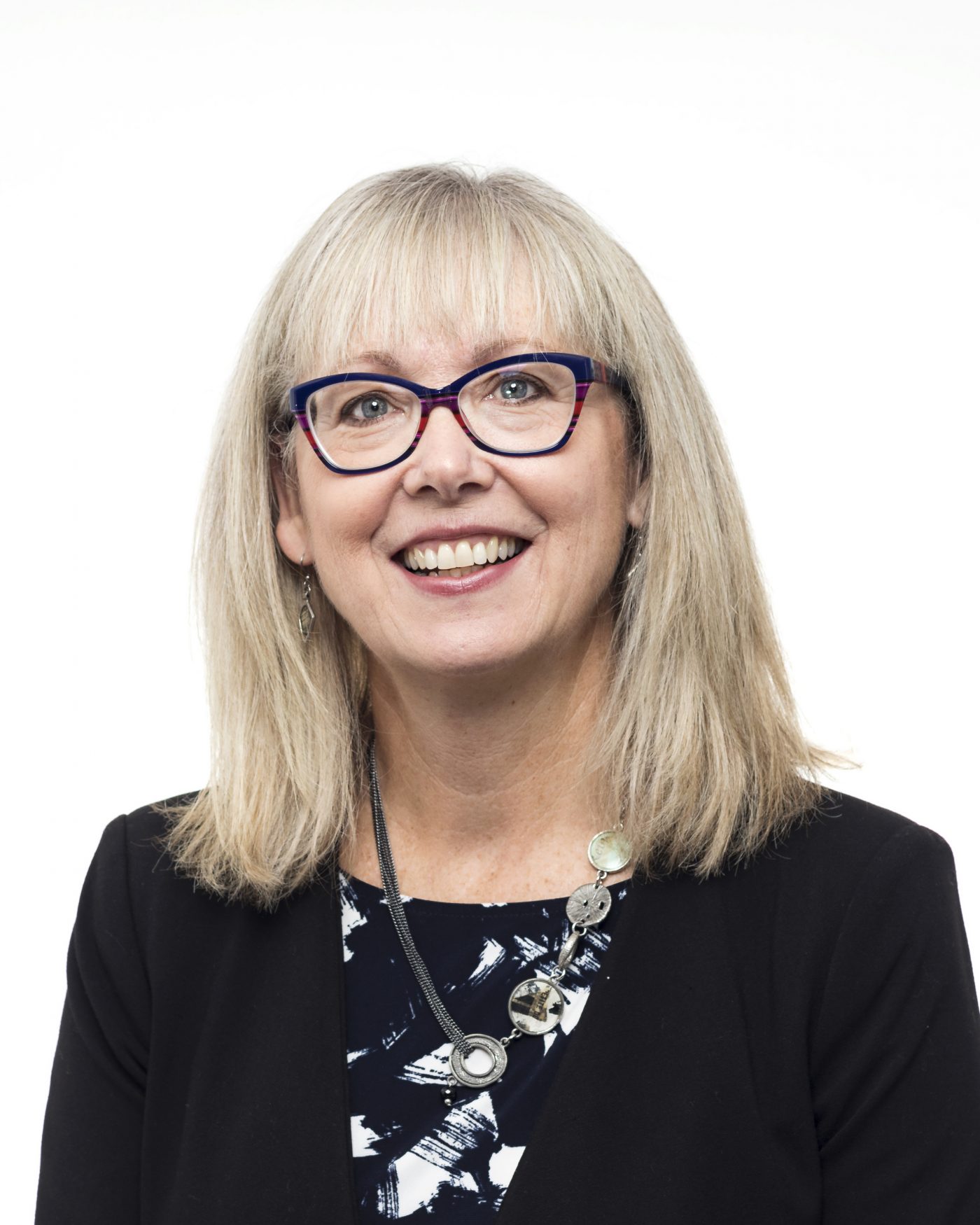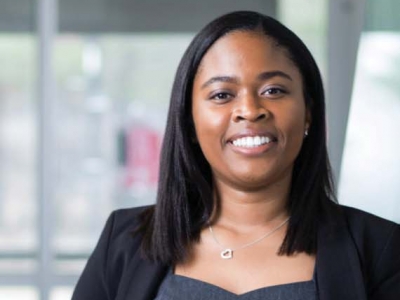By Karen Kelly
In mid-February, as those of us in North America were watching the spread of COVID-19 from afar, School of Social Work practicum coordinators Brenda Morris and Allison Everett were monitoring list-servs among their colleagues in American schools.

Brenda Morris
“We could see the Americans were talking about what to do if the local facilities closed,” says Morris, who oversees Master of Social Work students in the field while Everett manages undergraduates. “Social work students can’t graduate without completing those practicums, so we started asking, what happens if the winter term students can’t finish? And what about those starting in April? Or September?”
Stopping practicums would create a logjam in the system. Social work students need the practicum hours to move forward in their programs, to graduate and to be registered as social workers before they can start working.
In true Social Work fashion, Morris and Everett—both registered social workers—set to work developing a contingency plan for remote learning for active practicums. Almost 100 MSW and BSW students were already placed in hospitals, institutions, government departments, local clinics, and many more workplaces in the community.

Allison Everett
“No one else in Ontario had started to think about it yet, so we brought a proposal to our director, Sarah Todd, based on what was coming out of the United States,” says Morris. “By March 10th, we wrote it up and disseminated it provincially and nationally. We found out we were ahead of the curve.”
While Morris drafted communications for students, faculty liaisons and field instructors, Everett began researching remote learning approaches that could be used to replace the in-person experience students were accustomed to. She ended up creating a list of 40 examples.
“I started with documents from the University of North Carolina, Chapel Hill and the University of Denver and used them as catalysts,” explains Everett. “We’re telling students that they could choose one approach, or think about their settings and population and create something new. This is self-directed learning.”
The School of Social Work’s remote learning plan is now being used as a template by schools across the country and is being disseminated nationally by the Canadian Association of Social Work Education in both official languages. The School is fielding questions from educators around the country.
Looking Forward
Todd says the School is taking a number of steps to ensure students get the workplace experience they need to graduate. In the short term, the summer practicums will be starting later this year. They are also looking for remote opportunities, such as crisis lines, as practicum options for their students.
While this plan is being implemented, the social work team is already working on what comes next—all with the understanding that no one can predict the future.
“Brenda and Allison have been working with a lot of uncertainty, developing plans when they don’t know what anyone is going to decide tomorrow,” says Todd. “Their approach is to build what they can, then change it as events unfold.”
Todd says each day, the team meets virtually and asks three questions: What can we solve right now? What problems can we think about now? What is it we can’t fix?
“The approach is to respond to what we can today thoughtfully and carefully, knowing we may have to change it tomorrow. Those daily check-ins are important. Sometimes we are solving problems, sometimes just supporting each other. We’re talking it through so we can have the mental space to be creative with our problem solving.”
Putting Students First
In the midst of disturbing world events and frustrating logistics, the educators say their mission is clear: to take care of their students.
“We are sensitive to the fact that our students have family responsibilities, are trying to put food on the table, have health vulnerabilities, and live with others,” explains Morris. ”They are under duress, and we are working hard on the practicum piece because we know students have many other challenges coming down on them at the same time.”
Thursday, April 2, 2020 in Featured, FPA Voices
Share: Twitter, Facebook



